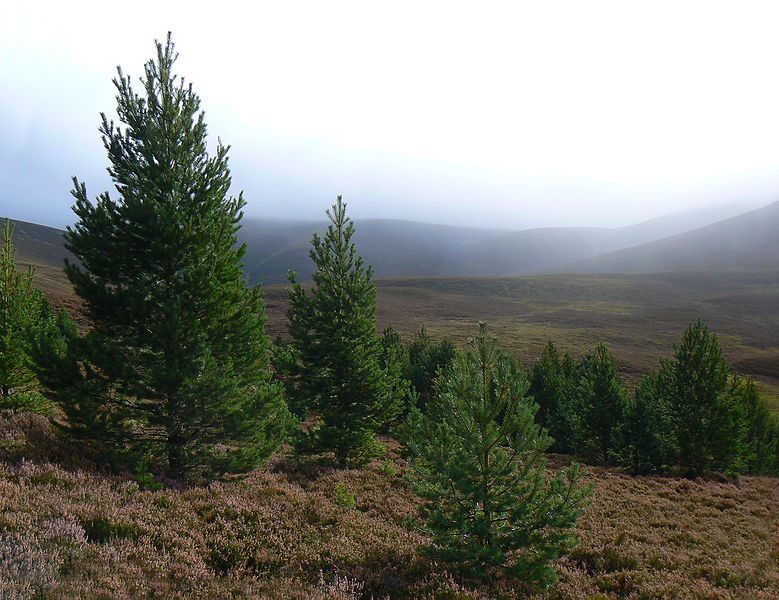-
 Desquamation
Desquamation
-
 Heart attack
Heart attack
-
 Xylem
Xylem
-
 Mesoderm
Mesoderm
-
 Ephemeral
Ephemeral
-
 Pathology
Pathology
-
 Multiple access
Multiple access
-
 DVD-R
DVD-R
-
 Valence band
Valence band
-
 Polyphenol
Polyphenol
-
 Extranet
Extranet
-
 Maxwell equations
Maxwell equations
-
 Allergy
Allergy
-
 Blastema
Blastema
-
 Tarsus
Tarsus
-
 Opioid
Opioid
-
 Light microscope
Light microscope
-
 Endocarditis
Endocarditis
-
 SQL
SQL
-
 Star
Star
-
 Gravitational power plants
Gravitational power plants
-
 Acusia
Acusia
-
 Exif
Exif
-
 Menopause
Menopause
-
 Dew point
Dew point
-
 Montreal Protocol
Montreal Protocol
-
 Gynandromorphism
Gynandromorphism
-
 Bathyal zone
Bathyal zone
-
 Phyllodes
Phyllodes
-
 Radon
Radon
Scots pine
The Scots pine is the most beautiful European pine, recognisable by the sheen of its red bark and the beauty of its bluish foliage. It can reach a height of 40 to 50 metres.

Pinus sylvestris (Scots pine). © Clément Godbarge, GNU Free Documentation License, Version 1.2
Names
The Scots pine (Pinus sylvestris), from the Pinaceae family, has several names, such as "Riga pine", "Norway pine", "Scotch pine" or even "Scots fir".
Botanical description
The bark of this species is grey in younger specimens and gradually becomes more coloured with age, turning an orange-brown colour. Although the bark of its crown becomes thinner and comes off in thin strips, the bark of the lower part of the trunk has deep grooves. Its needles, geminate and spiral-shaped, measure 4 to 8 centimetres in length. Greyish green or bluish green in colour, they are flexible, pointed but not spiky.

Male inflorescence of the Scots pine. © Beentree, licence Creative Commons Attribution - Share alike terms 3.0 Unported
From April onwards, its reddish female catkins are located at the end of the branches, while its male catkins, a pale yellow, are grouped in compact masses at the base of the tree. Its fruit, cones, are ovoid in shape and always point downwards. Deciduous, small-sized (4 to 8 centimetres long and 2 to 4 centimetres wide), they are brown or blackish. In the autumn of the year following inflorescence that these cones mature to release seeds with a transparent wing in winter.
Origins
The Scots pine covers all of Europe and a large part of Siberia, up to 1,600 metres in altitude.
Growing conditions
This plant species is rustic and adapts to mediocre soil conditions. Very resistant to cold weather (up to - 50°C) and heat, it grows in many places that other trees could not occupy.
Use
In the past, this resinous species was a favourite of marine carpenters due to the good quality of its wood. Today, this tree is used for many applications in the fields of construction, joinery and the paper industry.
Author: Michel Caron
 Pinus sylvestris, Monadh Mor - Beinn Bhrotain, Scotland. © Nick Bramhall Creative Commons Attribution-Share Alike 2.0 Generic license
Pinus sylvestris, Monadh Mor - Beinn Bhrotain, Scotland. © Nick Bramhall Creative Commons Attribution-Share Alike 2.0 Generic license
Latest
Fill out my online form.



